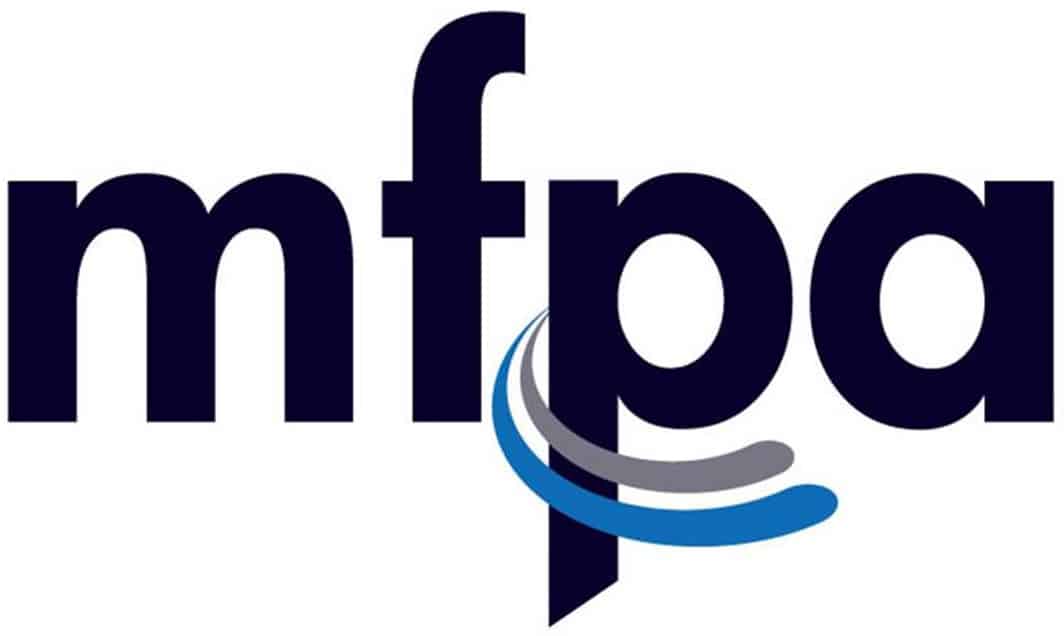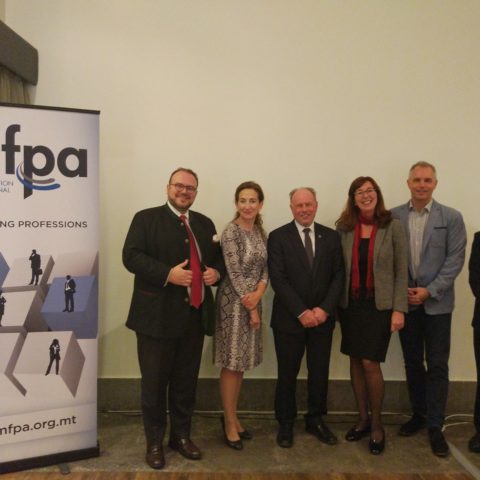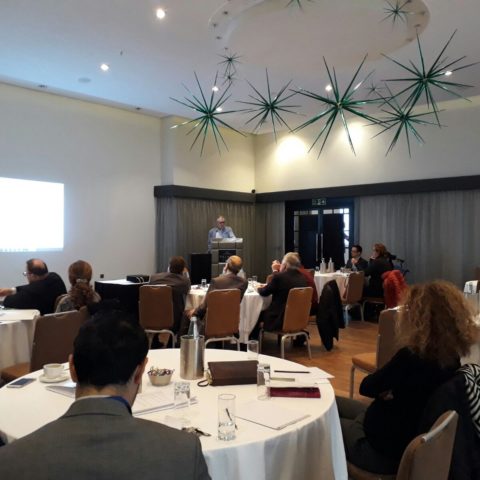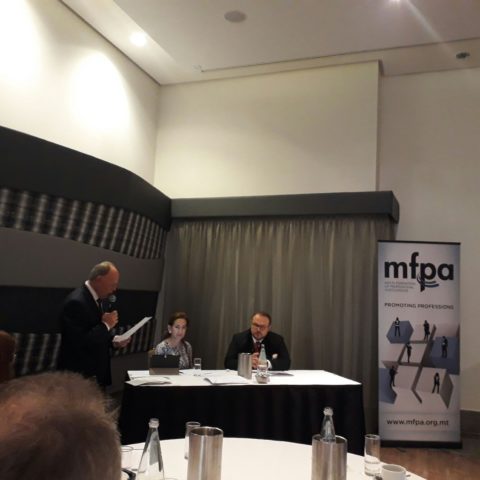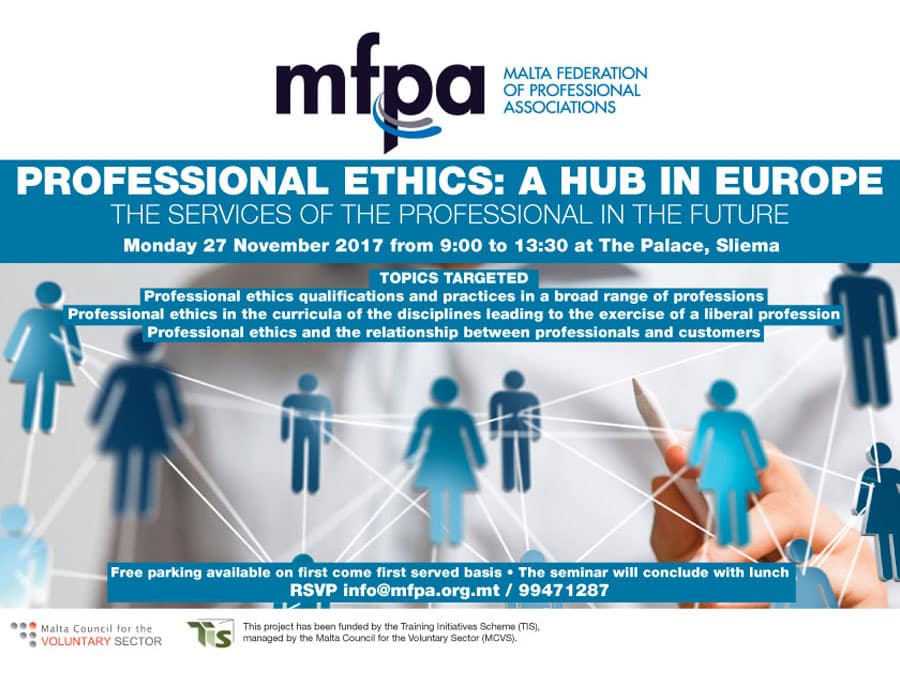
Professional Ethics: A Hub in Europe – The Services of the Professional in the Future
This seminar helped participants gain insight into current research in the field of professional ethics and network with other professionals.
Date & Time: 27 November 2017 9:00 – 13:30
Place: The Palace, Sliema
This seminar addressed various areas of professional ethics: the challenges of professional ethics in Europe and locally, CPD programmes in Europe, professional ethics in university curricula, the relationship between professionals and customers. The speakers included local and foreign academic experts on professional ethics and a senior figure (at EU level) in the field of professional ethics and advocacy-building for the liberal professions.
A brief overview of the ECEPE was given outlining the main three objectives:
- To convene researchers/experts in different areas of ethics in one place, Malta.
- To provide training both at the basic level as well as Continuous Professional Development and to develop both standard curricula and benchmarks, not in bottom-up approach by consulting professions.
- To raise awareness within society: a broad vision involving both decision makers/ society at large/ citizens / patients
The main questions discussed during the workshop were:
- What are the specific challenges that you are meeting in your profession in terms of professional ethics? Can you mention one or two concrete challenges?
- Which responses have you brought (or do you plan to bring) to these challenges, at the Maltese level?
- To what extent is the European dimension relevant to these challenges and responses? Have you for instance taken part in joint initiatives at the European level? Do you think these issues are best targeted at the national or EU level?
The following main points emanated from the three-hour open discussion.
- Differentiation between professionals and other persons acting as professionals – interests of clients are not safeguarded
- Professionals and Government laws that could hinder a professional giving the correct advice to patients ( especially health issues)
- Correct and ethical use of social media by professionals
- A good Government based data management system of patients especially in health and link with the private sector.
- The use of IT in professional practice
- Informing professionals to introduce Continuous Professional Development schemes in order to keep up to date and consult their clients with up to date information in all sectors especially in the health.
This seminar helped participants gain insight into current research in the field of professional ethics and network with other professionals.
